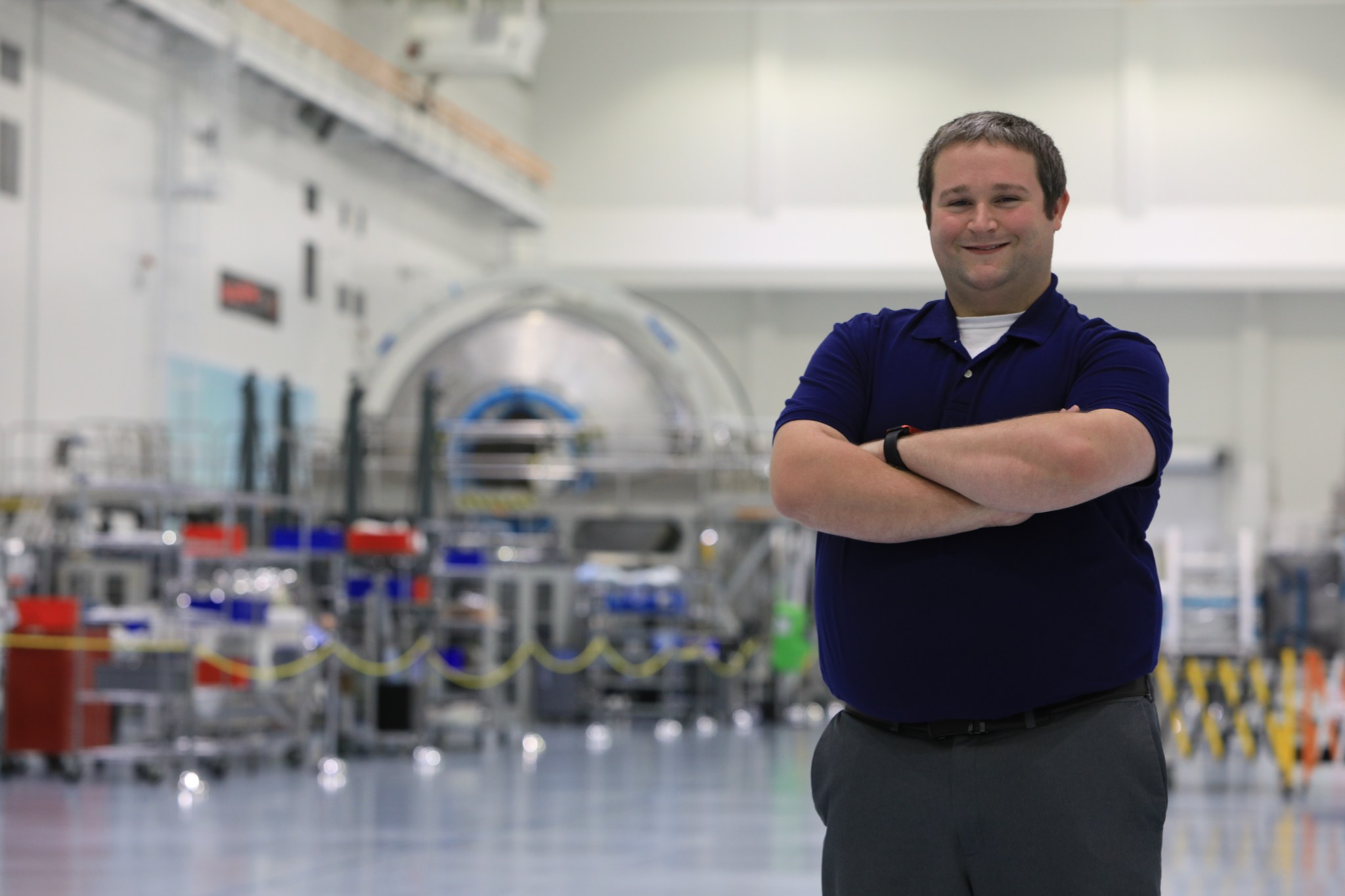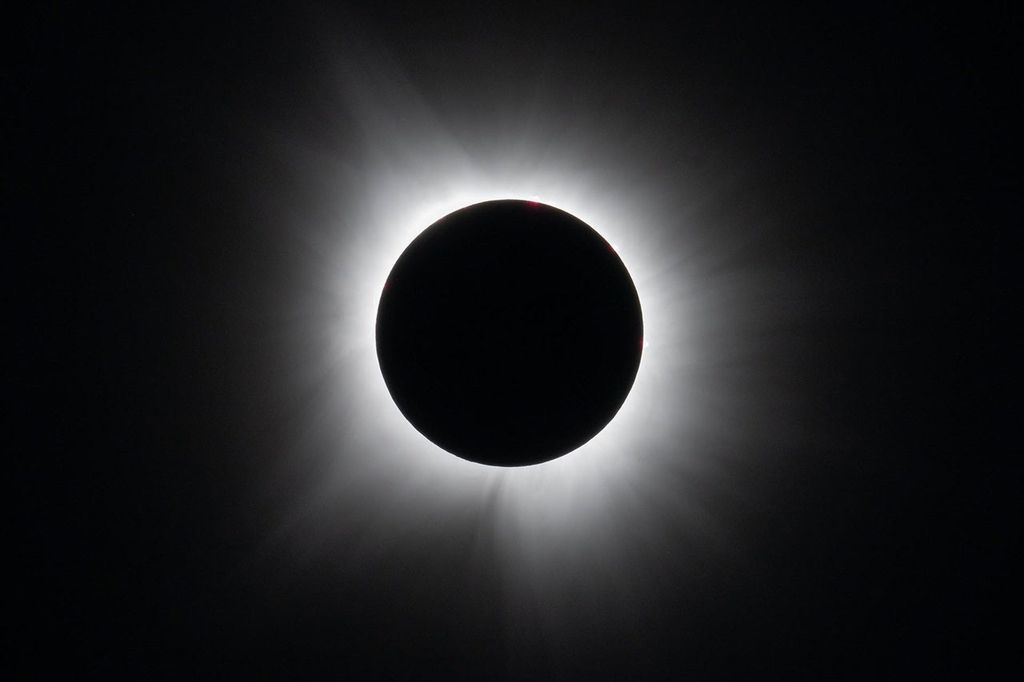
Please explain your job in a single sentence.
I oversee the processing and servicing activities of a variety of Orbital Replacement Units (ORUs), these are the spare parts and vehicle hardware essential to keep the International Space Station running as the parts are manifested to fly.
What do you find most exciting about your job as an operations engineer supporting the International Space Station?
Sending experiments and hardware to space is most exciting for me. Nothing beats watching something you spent an inordinate amount of time on being launched to space, then, getting to interact with the crew while they perform your experiment or install your hardware.
What is a typical day like for you?
A typical day consists of tracking the progress of an ORU that has been manifested for flight. Depending on the specific unit, servicing activities could take over a few days or several months. As activities are completed day to day, I ensure we are meeting all of the flight requirements within the schedule to transport the payload to the launch provider.
Was the work you did your first month at NASA anything like your current work?
The work I did my first month at NASA is very similar to my current work. I strive to take on more responsibilities and step up in a leadership role as opportunities become available.
What is your educational background and why did you choose to study those areas?
My educational background is a degree in aerospace engineering from University of Central Florida (Go Knights!). I chose to study aerospace engineering due to a fascination with aircraft and how things fly at a young age. I grew up in close proximity to a Navy base, so it was normal to see fighter jets in the skies and wonder what makes them work. As I grew up, my interest expanded to not only what flies inside the atmosphere, but to things that travel to space as well.
What motivated you to want to work for NASA?
As I grew up on the East Coast of Florida, the space shuttle was flying and extremely fascinating to watch. Exposure to the Space Coast environment motivated me to want to be a part of a team that sends science and payloads into space while pushing the boundaries of exploration.
Why does conducting research and developing new technology matter to you?
Conducting research and developing new technology means we are continuing to ask questions and discover new things. As a result, new innovative ideas emerge, allowing us to live longer and healthier lives.
How do you think your NASA research or the agency as a whole benefits people on Earth?
New technologies are needed to extend our reach farther into the solar system. As NASA researches and develops new technologies for space travel, where resources are not readily available, those technologies can have a secondary use and improve life here on Earth. Some examples of that research and technology include improving energy efficiencies, turning trash/waste into fuel and creating many new materials for extreme environments.
Do you have any advice for people trying to foster innovation in the workplace?
Innovation in the workplace does not have to be a grand life-changing idea. There are plenty of opportunities, big or small, to be innovative and make a change that will better the workplace and lives for all. Find something that interests you and see if there is any room for improvements.
























